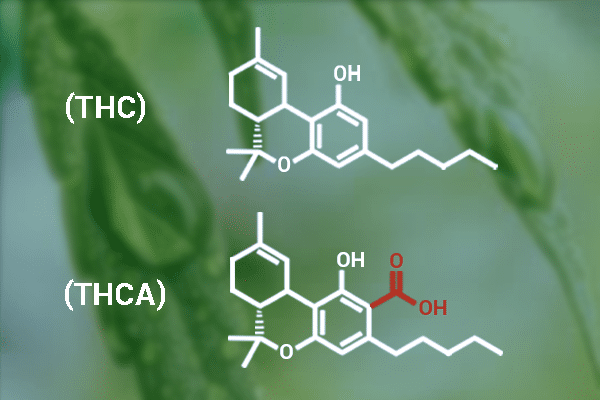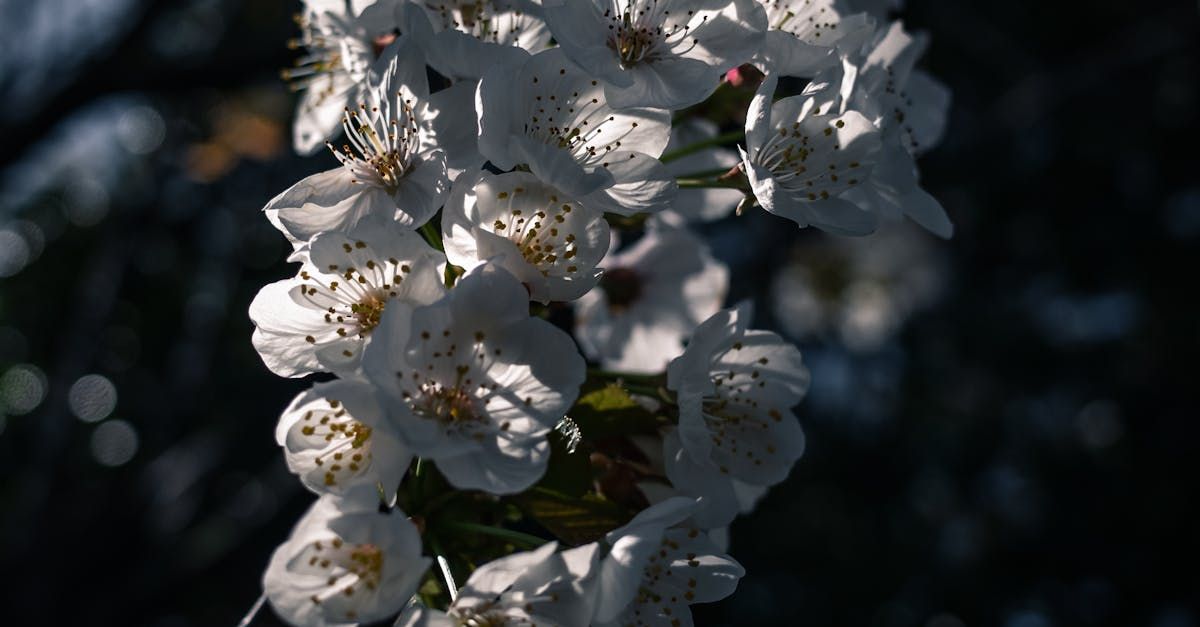What is THCA Cannabis? Exploring the Benefits and Uses of this Non-Psychoactive Cannabinoid
A Comprehensive Guide to THCA Cannabis and its Potential Therapeutic Properties
THCA (Tetrahydrocannabinolic acid) is a naturally occurring cannabinoid found in the raw, unheated cannabis plant. Unlike THC, THCA is not psychoactive, meaning it does not produce the same high as THC. However, THCA has its own unique properties and potential therapeutic benefits that are increasingly being recognized by both recreational and medical cannabis users.
What is THCA Cannabis?
THCA is the acidic form of THC and is the most abundant cannabinoid in the raw cannabis plant. When the plant is heated or decarboxylated, THCA is converted into THC, which is responsible for the plant's psychoactive effects. Therefore, consuming raw or unheated cannabis will not produce a high, but may provide other benefits.
Benefits and Uses of THCA Cannabis
THCA has a range of potential therapeutic properties that are still being studied. Here are some of the reported benefits and uses of THCA:
- Anti-inflammatory: THCA has been shown to have potent anti-inflammatory properties, which may be useful in treating conditions such as arthritis and other inflammatory diseases.
- Neuroprotective: THCA may have neuroprotective properties, which could be beneficial in treating conditions such as Alzheimer's disease and other neurodegenerative disorders.
- Anti-emetic: THCA may help reduce nausea and vomiting, making it useful for cancer patients undergoing chemotherapy and individuals with digestive disorders.
- Anti-cancer: THCA may have anti-cancer properties, as studies have shown it can inhibit the growth of certain cancer cells.
THCA may also have other effects, such as reducing muscle spasms and improving sleep quality.
How to Consume THCA Cannabis
To consume THCA cannabis, the plant must be consumed raw or unheated. This can be done by adding raw cannabis to smoothies, juices, or salads, or by using it in other unheated recipes. It is important to note that consuming raw cannabis may have a different taste and texture than heated cannabis, and may require larger quantities to achieve the desired effect.
THCA cannabis is a non-psychoactive cannabinoid that is increasingly being recognized for its potential therapeutic properties. While more research is needed to fully understand its benefits and uses, early studies suggest that THCA may have anti-inflammatory, neuroprotective, anti-emetic, and anti-cancer properties. Consuming raw or unheated cannabis is the only way to access THCA, and it may require larger quantities than heated cannabis to achieve the desired effect. Whether you are a recreational or medical cannabis user, THCA cannabis is worth considering as a potential alternative to THC-dominant strains.
Disclaimer: The information provided in this article is for educational purposes only. The content is not intended to be a substitute for professional medical advice, diagnosis, or treatment. Always seek the advice of your physician or other qualified healthcare provider with any questions you may have regarding a medical condition. The use of cannabis, including smoking, may have potential health risks and may not be suitable for everyone. It is essential to understand and abide by the laws in your country or state regarding cannabis use. The author and publisher of this article are not responsible for any adverse effects or consequences that may result from the use of the information presented in this article. This blog is sponsored by Fresh Mint.
SHARE:
Disclaimer: The information provided in this article is for educational purposes only. The content is not intended to be a substitute for professional medical advice, diagnosis, or treatment. Always seek the advice of your physician or other qualified healthcare provider with any questions you may have regarding a medical condition. The use of cannabis, including smoking, may have potential health risks and may not be suitable for everyone. It is essential to understand and abide by the laws in your country or state regarding cannabis use. The author and publisher of this article are not responsible for any adverse effects or consequences that may result from the use of the information presented in this article. This blog is sponsored by
Fresh Mint.












